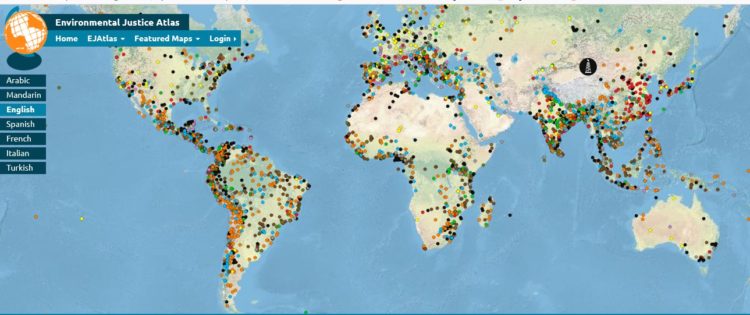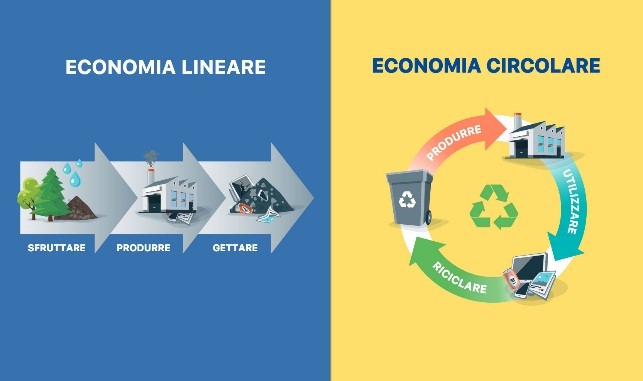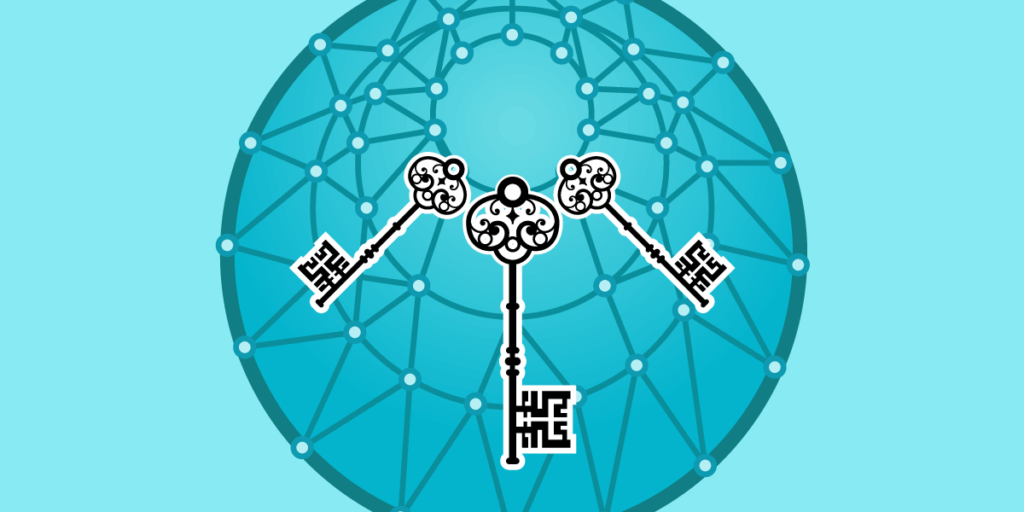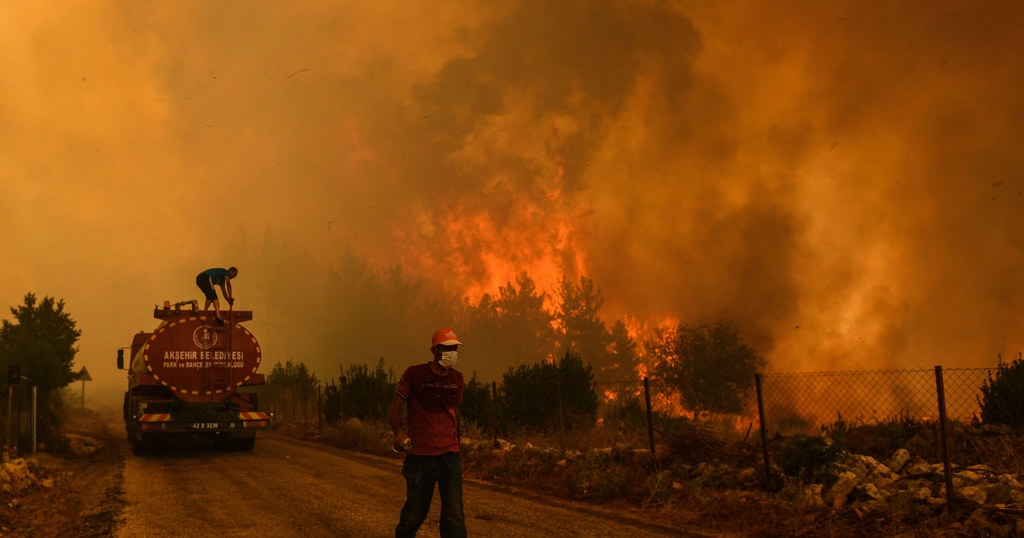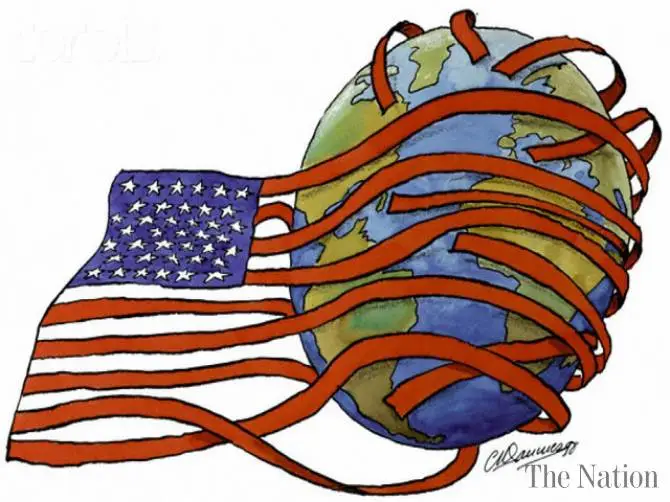DARPA Awards Moderna up to $56 Million
to Enable Small-Scale, Rapid Mobile Manufacturing of Nucleic Acid
Vaccines and Therapeutics
Award part of DARPA’s Nucleic Acids On-Demand World-Wide (NOW) initiative to develop a medical countermeasure manufacturing platform
Conference call to be held on Thursday, October 8 at 8:00 a.m. ET
CAMBRIDGE, Mass.--(BUSINESS WIRE)--Oct. 8, 2020-- Moderna, Inc., (Nasdaq: MRNA) a biotechnology company pioneering messenger RNA (mRNA) therapeutics and vaccines to create a new generation of transformative medicines for patients, today announced an agreement for a commitment of up to $56 million from the Defense Advanced Research Projects Agency (DARPA) to fund development of a mobile manufacturing protype leveraging Moderna’s existing manufacturing technology that is capable of rapidly producing vaccines and therapeutics. The agreement builds on a previous assistance grant with DARPA established in 2013.
The award is part of DARPA’s Nucleic Acids On Demand World-Wide (NOW) initiative to develop a mobile, end-to-end automated manufacturing platform to provide in-field, just-in-time manufacturing of Good Manufacturing Practice (GMP) quality nucleic acid (including mRNA) vaccines and therapeutics intended to deliver near-instantaneous protections and treatments to both military personnel and local populations. The design envisions a manufacturing unit capable of producing hundreds of doses of medicines in a matter of days in a 6 foot x 6 foot x 6 foot (1.8m x 1.8m x 1.8m) container in remote locations around the world.
“We are pleased to continue our collaboration with DARPA with a new award and we look forward to building on our experience rapidly designing and manufacturing vaccines as demonstrated with mRNA-1273, our COVID-19 vaccine currently in a Phase 3 study, and mRNA-4157, our personalized cancer vaccine currently in a Phase 2 study,” said Stéphane Bancel, Chief Executive Officer of Moderna. “This new award will allow us to explore the reach of our technology to potentially enable fast, in-field, automated manufacturing of vaccines and therapeutics for both military personnel and civilians around the world in a container that can be deployed rapidly to make customized vaccines or therapeutics. The ability to make medicines in a mobile unit could have an important impact on the ability to respond to future viral challenges. Moderna is committed to being part of the solution in preventing future pandemics.”
DARPA’s financial support of the NOW program is part the Agency’s commitment to creating innovative biotechnological approaches to rapidly detect, characterize and mitigate threats from newly emerging or engineered pathogens.
Conference Call and Webcast Information
Moderna will host a live conference call and webcast at 8:00 a.m. ET on Thursday, October 8, 2020. To access the live conference call, please dial 866-922-5184 (domestic) or 409-937-8950 (international) and refer to conference ID 5596196. A webcast of the call will also be available under “Events and Presentations” in the Investors section of the Moderna website at investors.modernatx.com. The archived webcast will be available on Moderna’s website approximately two hours after the conference call.
About Moderna
Moderna is advancing messenger RNA (mRNA) science to create a new class of transformative medicines for patients. mRNA medicines are designed to direct the body’s cells to produce intracellular, membrane or secreted proteins that can have a therapeutic or preventive benefit and have the potential to address a broad spectrum of diseases. Moderna’s platform builds on continuous advances in basic and applied mRNA science, delivery technology and manufacturing, providing the Company the capability to pursue in parallel a robust pipeline of new development candidates. Moderna is developing therapeutics and vaccines for infectious diseases, immuno-oncology, rare diseases, cardiovascular diseases, and autoimmune and inflammatory diseases, independently and with strategic collaborators.
Headquartered in Cambridge, Mass., Moderna currently has strategic alliances for development programs with AstraZeneca PLC and Merck & Co., Inc., as well as the Defense Advanced Research Projects Agency (DARPA), an agency of the U.S. Department of Defense; the Biomedical Advanced Research and Development Authority (BARDA), a division of the Office of the Assistant Secretary for Preparedness and Response (ASPR) within the U.S. Department of Health and Human Services (HHS) and the Coalition for Epidemic Preparedness Innovations (CEPI). Moderna has been named a top biopharmaceutical employer by Science for the past five years. To learn more, visit www.modernatx.com.
Forward Looking Statements
This press release contains forward-looking statements within the meaning of the Private Securities Litigation Reform Act of 1995, as amended, including statements regarding the Company’s collaboration with DARPA to develop a miniaturized manufacturing protype capable of rapidly producing vaccines and therapeutics. In some cases, forward-looking statements can be identified by terminology such as “will,” “may,” “should,” “could”, “expects,” “intends,” “plans,” “aims,” “anticipates,” “believes,” “estimates,” “predicts,” “potential,” “continue,” or the negative of these terms or other comparable terminology, although not all forward-looking statements contain these words. The forward-looking statements in this press release are neither promises nor guarantees, and you should not place undue reliance on these forward-looking statements because they involve known and unknown risks, uncertainties, and other factors, many of which are beyond Moderna’s control and which could cause actual results to differ materially from those expressed or implied by these forward-looking statements. These risks, uncertainties, and other factors include, among others, the fact that there has never been a commercial product utilizing mRNA technology approved for use, and those other risks and uncertainties described under the heading “Risk Factors” in Moderna’s most recent Quarterly Report on Form 10-Q filed with the U.S. Securities and Exchange Commission (SEC) and in subsequent filings made by Moderna with the SEC, which are available on the SEC’s website at www.sec.gov. Except as required by law, Moderna disclaims any intention or responsibility for updating or revising any forward-looking statements contained in this press release in the event of new information, future developments or otherwise. These forward-looking statements are based on Moderna’s current expectations and speak only as of the date hereof.
View source version on businesswire.com: https://www.businesswire.com/news/home/20201008005279/en/
Moderna
Media:
Colleen Hussey
Director, Corporate Communications
617-335-1374
Colleen.Hussey@modernatx.com
Investors:
Lavina Talukdar
Head of Investor Relations
617-209-5834
Lavina.Talukdar@modernatx.com
Source: Moderna, Inc.

